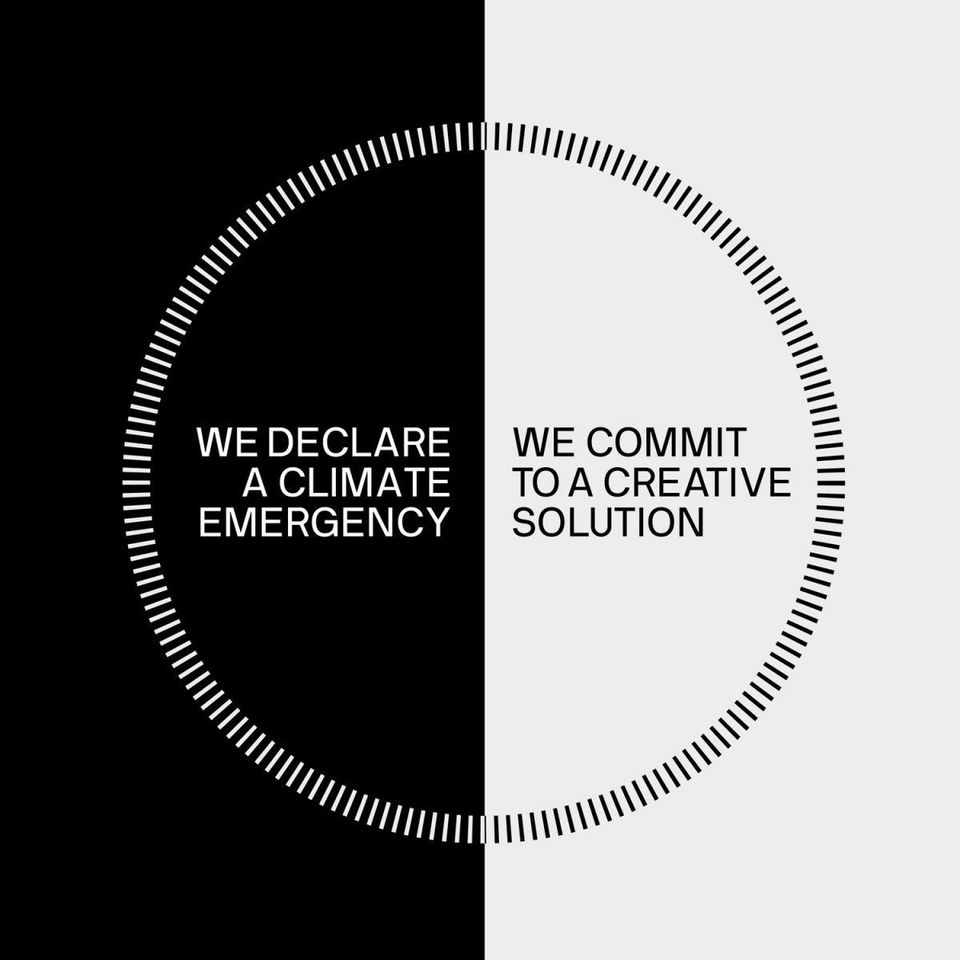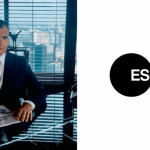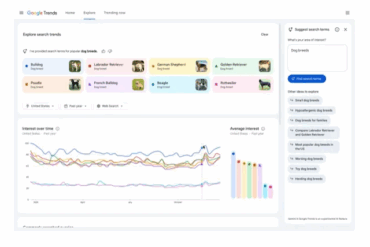On the 31st March 1929, a young woman stepped out into a bustling New York street in the height of the Easter Day Parade. She lit up a Lucky Strike cigarette, provoking gasps of outrage. Ten other women followed her down the street, brandishing their new ‘torches of freedom’. An early example of spontaneous feminism perhaps? In fact, it was an early example of the power of advertising. The women had been hired by Edward Bernays, the father of advertising (and nephew to psychologist Sigmund Freud). Her gesture of liberation was engineered in front of a waiting audience of journalists, and the story spread across America. Bernays’ masterstroke was a resounding success: sales of cigarettes among women soared. Of course, advertising itself has also skyrocketed since Bernays’ day. Children as young as two can now recognise an average of around eight brand logos. Unsurprising considering that people see anything from 360 to 5,000 ads every day. And that avalanche of selling really does work (at least for the businesses paying for them): seeing ads for a drug make it more effective, and ads for unhealthy foods can make them seem healthier.
That cultural impact is compelling, which is why I’ve dedicated my career to wielding that huge power of creativity and storytelling against the greatest threat of our time: the climate emergency.
But of course, that power also has a price tag, and I’m deeply concerned that the wrong people are paying it. The fossil fuel industry has ploughed a whopping US$1.4 billion into PR and advertising over the last decade, six times more than spent on renewable energy interests. That ratio makes one thing clear: the advertising industry is putting the weight of its creativity behind the causes of climate change, not the solutions to it. No wonder then that climate denial and confusion continue to hinder progress on these issues. They are the products of this marketing investment, which has been highly effective.

High-carbon clients
Futerra
It’s a start, and I’m proud to have helped instigate it. The next steps will be harder. Thankfully, we do have a clear route to follow – and it starts with what happened in the century after Bernays smoking campaign.
The tobacco industry used to be one of the biggest advertisers (and in some place they still are). But in many countries, the brand names, logos and messaging about cigarettes have disappeared from our TV screens, sports sponsorships, POS and ATL. And as a result, smoking rates plummeted.
That’s the transition we need to replicate for climate. But it will take courage, and crucially action, from many industry players to get there. I will be looking for:
- Clients requiring their agencies to disclose the high carbon revenue in their portfolios, especially when briefing them on purpose, sustainability or impact work. This could become a new agency procurement criteria, led by client brands that have themselves made huge efforts to make their businesses more sustainable (a chance for the much-maligned procurement team to become heroes). Might they even one day refuse to work with agencies who continue to represent fossil fuel and high carbon interests?
- Growing numbers of advertising/marketing/PR and creative agencies will commit to refuse briefs from oil, coal and gas. Not least because the very best individual creatives will withdraw their talent from destruction.
- The most progressive cities, regions or indeed countries, will regulate against non-renewables energy advertising. Following the decades-old ban of advertising near schools or promoting cigarette brands at sporting events.
- Media companies and platforms (from traditional to digital) will refuse to accept media revenue from high-carbon advertisers. Staff at the Radio Times in the UK have already called for a boycott of such ads in their magazine.
- The most breakthrough, of course, would be the non-renewable energy companies themselves voluntarily withdraw from advertising and marketing.
By Solitaire Townsend
Follow me on Twitter.
I believe that sustainability is the greatest entrepreneurial opportunity of a generation. So, in 2001 I co-founded the global change agency Futerra, which uses strategic logic and creative magic to make sustainability really work. Today we have offices in London, New York, Stockholm and Mexico City serving the worlds most respected corporations, breakthrough entrepreneurs and even the occasional government. I’ve been ‘Ethical Entrepreneur of the Year’, member of the United Nations Sustainable Lifestyles Taskforce and a London Leader for Sustainability. After 20 years of working in sustainability I know what real change looks like. Read my new book The Happy Hero – How To Change Your Life By Changing The World.





